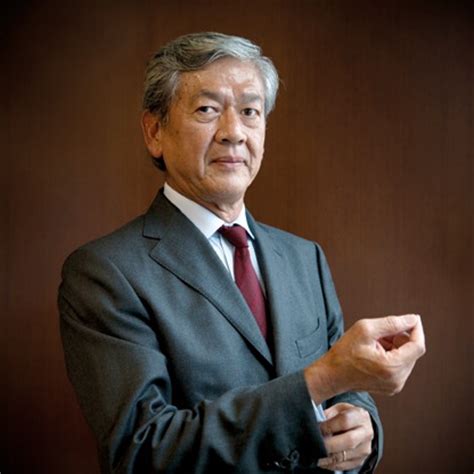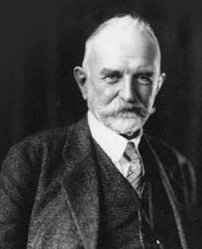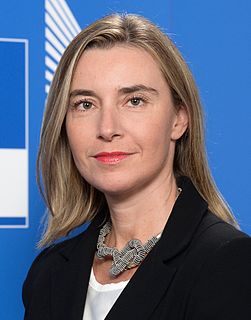A Quote by Jeremy Grantham
I find the parallels between how some investors refuse to recognise the trends and our reaction to some of our environmental challenges very powerful. There is an unwillingness to process unpleasant data.
Related Quotes
What we can do is to shape how that process of global integration proceeds, so that it's increasing opportunity for ordinary people, so that it's creating better jobs, so that we are strengthening protections for workers, so that we are addressing some of the environmental challenges that come with rapid growth.
Well, it's not all the same, but there are a lot of parallels. I'm not sure how to answer [on psychology background], but I think when I was studying psychology I had a professor and a friend who would talk about "process" all the time. Your process, his process, the group's process. There's some carryover from that discussion to my creative work.
I am interested in struggle - between our hearts and our head, between principle and desire - and one of those struggles is with mortality; and no one at all is immune to it, which makes it even more interesting to me. Some people fall in love, some don't. Some sky dive, some don't. Everyone who lives, ages.
Our lives are now in a telephone, all our data, all our finances, all our personal information, and so it's proper that we have some constraints on that. But it's not going to be 100 percent. If it is 100 percent, then we're not going to be able to protect ourselves and our societies from some people who are trying to hurt us.
The ability to collect, analyze, triangulate and visualize vast amounts of data in real time is something the human race has never had before. This new set of tools, often referred by the lofty term 'Big Data,' has begun to emerge as a new approach to addressing some of the biggest challenges facing our planet.
Radio astronomy reflects our fascination with how audio can be used to understand information or ideas. Just as scientists visualize data through charts and pictures, we can use 'data sonification' to translate radio signals into sound that help us better understand some of our most enigmatic planetary systems.

































